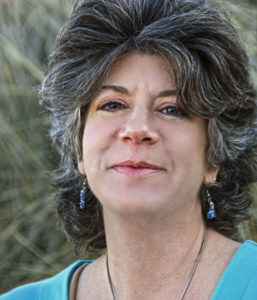Episode 63, 2/7/25
When it comes to aquatic plant management, words matter

People searching online for control options related to unwanted plants that grow in lakes and rivers use many different terms. Some call them “lake weeds,” other call them “freshwater seaweed,” still others “cabbage.” Rarely do people search with the same terms that natural resource managers and scientists use, such as the plants’ Latin names or the more formal, “submerged aquatic vegetation.”
These are findings of a study on internet keyword search terms conducted by University of Wisconsin-Madison researchers that was recently published in the “Journal of Aquatic Plant Management.”
Wisconsin Sea Grant Aquatic Invasive Species Outreach Specialist Tim Cambell explains that how people search for information about aquatic plants is critical for guiding professionals on best practices for educational programming and outreach. Such education could also steer people away from the ineffective and potentially harmful use of herbicides in lakes and toward more ecologically sound solutions.

Tim Campbell. Image credit: Wisconsin Sea Grant
Thanks to our guest
Tim Campbell, Wisconsin Sea Grant
Credits

Marie Zhuikov | Host
Senior Science Communicator
What I do at Sea Grant
Marie writes about Great Lakes water issues, Sea Grant activities and research. She also works on podcasts, oversees the Wisconsin Sea Grant “Unsalted” blog, and takes photos. She works in collaboration with program scientists, outreach specialists and institute staff to build water science literacy. Prior to joining Wisconsin Sea Grant in 2012, Marie worked for Minnesota Sea Grant for 15 years.


